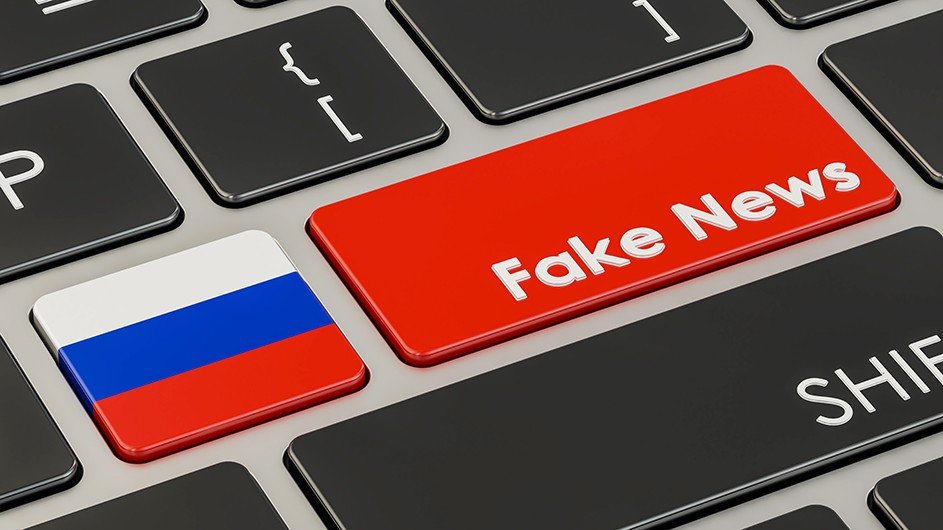Russia continues to launch large-scale disinformation campaigns aimed at discrediting Ukraine in the eyes of the international community. One of the latest examples is the spread of false claims that Ukraine is allegedly planning to use ‘dirty bombs’ or stage nuclear provocations, particularly in relation to attacks on the Zaporizhzhia and Kursk nuclear power plants.
Since the beginning of August 2024, Russia has intensified its informational attacks, claiming that Ukrainian forces are preparing provocations at the Kursk Nuclear Power Plant. These statements emerged against the backdrop of a Ukrainian offensive in the Kursk region, which led to significant setbacks for the Russian army. Russia specifically alleges that Ukraine plans to use the captured Kursk Nuclear Power Plant either for an exchange with the Zaporizhzhia Nuclear Power Plant or to create a nuclear threat to divert attention from its own failures.
Additionally, Russian media are actively spreading rumors that the Ukrainian Armed Forces have allegedly begun deploying reserves to capture Kurchatov, the city where the Kursk Nuclear Power Plant is located. These claims are being used to create panic among the civilian population and to divert attention from Russia’s failures on the front lines.
The main goal of such disinformation campaigns is to weaken international support for Ukraine. Russia is attempting to undermine the trust of Western allies in Ukraine by spreading false information about supposed provocations and the use of nuclear weapons. These actions are aimed at pushing the international community to reconsider its stance and halt support for Kyiv, particularly in light of Ukraine’s successes on the front lines.
Ukraine firmly asserts that the accusations of developing or using «dirty bombs» are unfounded lies, spread by Russia with the aim of discrediting the country on the international stage. Such disinformation not only lacks any basis but is also extremely dangerous, as it could lead to an escalation of tensions and have serious consequences for global security. The international community must ignore these provocations and focus on countering the real threats posed by Russian aggression.
In the context of the ongoing war, disinformation has become a crucial tool in Russia’s hands for destabilizing the situation and creating false threats. It is important for the international community to recognize Russia’s true intentions and continue to support Ukraine in its fight against the aggressor.
Russia has intensified its disinformation campaign against Ukraine, spreading false claims about alleged nuclear provocations being planned at the Zaporizhzhia and Kursk Nuclear Power Plants. These assertions are intended to create panic and undermine international support for Ukraine, especially in light of the setbacks faced by Russian forces on the Kursk front.
The Ministry of Foreign Affairs of Ukraine has firmly denied these accusations, stating that Ukraine has no plans, nor has it ever had plans, to create or use «dirty bombs.» These false claims by Russia serve to undermine trust in Ukraine and justify further aggressive actions by Moscow.
The goal of these disinformation campaigns is to erode the international community’s trust in Ukraine and weaken support at a time when Russian forces are facing setbacks on the front lines. The Kremlin is attempting to use lies and intimidation to alter the course of the war in its favor, posing a serious threat to global security and stability.

